Planning Pays Off: 5 Strategies to Get the Most Out of Your Delivery Speed Choice
November 10, 2024
5 min read
Why Your Business Needs Cross Border B2B Shipping?
Are you looking to offer B2B shipping and tap into the rapidly growing cross-border market? If so, you’re in the right place!
By offering international B2B shipping services, your business will benefit from reaching new markets and customer bases, successfully meeting all customer demands, increasing sales, and substantially improving profits.
However, this opportunity also brings challenges; learning to overcome them can help you sharpen your competitive edge. This article will guide you through the five challenges and solutions to overcome them.
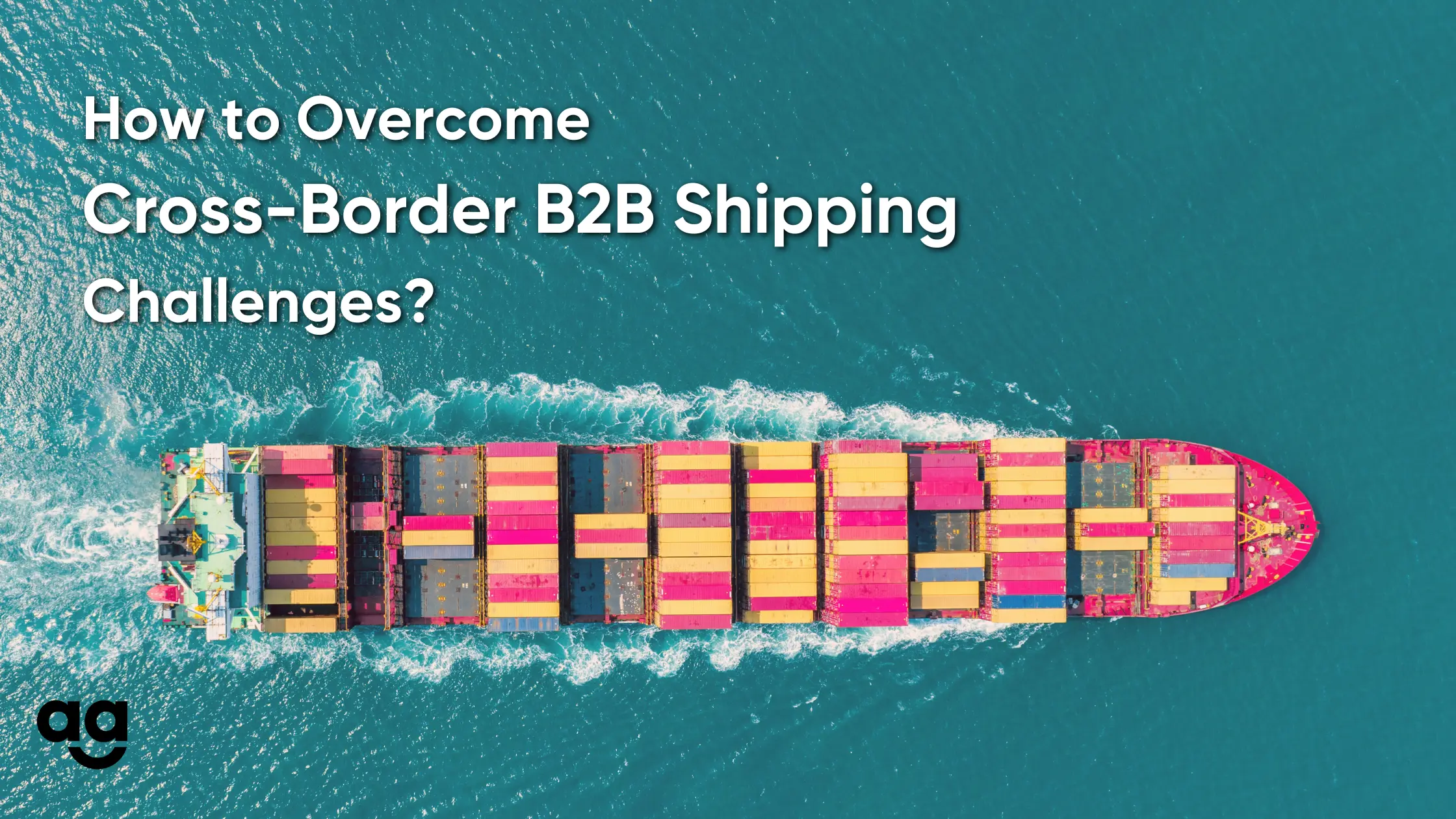
5 Challenges and Solutions of Cross-Border B2B Shipping
The challenges and solutions associated with international B2B shipping are:
Regulatory Compliance
Managing each country’s unique requirements for labeling, safety standards, import limits, and documentation can be challenging. These regulations change frequently, making it challenging to maintain compliance.
Thus, to prevent issues like fines or rejected shipments and ease your compliance concerns, trust logistics partners like Shipyaari.
Poor Logistics Infrastructure
You might find that not all countries have the right infrastructure in place. This can lead to issues like bad roads, vehicle breakdowns, and inefficient port management, which can hold up your shipments and prevent them from arriving on time.
This would not only increase the downtime in your business operations but also leave your customers dissatisfied and increase the transit times and costs.
With the international B2B shipping services of Shipyaari, you will get access to advanced features like route planning and optimization which will help you identify and avoid such problematic areas.
High Shipping Costs and Unstable Currency
Another challenge that you might face when providing B2B shipping services is high shipping costs due to long distances, payment of multiple taxes, and the addition of handling fees.
To add to it, fluctuations in the currency will make it difficult for you to correctly estimate your shipping costs. Thus, the best way to overcome all these uncertainties and control your expenses is by negotiating bulk shipping rates with your logistics provider.
Shipyaari XL provides these services in a reliable and trustworthy manner, helping you reduce the overall cost per shipment.
Delays in Deliveries
In international B2B shipping, delivery delays can happen due to customs issues, bad weather, or logistical problems. These delays can damage your brand’s reputation and leave customers unhappy, affecting their loyalty.
While all of these factors cannot be controlled by you, choosing a reliable logistics partner like Shipyaari with a real-time tracking system will help you maintain transparency with your customers.
This tracking will also help your customers in having realistic expectations about when they will receive their product.
Coordinating with Multiple Carriers
Cross-border B2B shipping will most likely require you to work and coordinate with multiple carriers spread across different regions. This puts your business at risk of miscommunication, errors, and even loss of goods.
To reduce these risks, choose a logistics provider that offers a comprehensive solution, removing the need for multiple carriers.
FTL or PTL – What’s Your Choice?
International B2B shipping is key to growing your business, reaching new customers, and boosting sales in our global marketplace. But be warned: it also presents tough challenges that can upset customers, harm your brand’s image, increase costs, and eat into your profits.
To tackle these challenges effectively, partner with Shipyaari, which specializes in international B2B shipping. It offers helpful tools like a shipping rate calculator, reliable customer support, an easy-to-use dashboard, and an AI recommendation engine to simplify shipping. For more information, call us today!
Frequently Asked Questions
International shipping is more complicated because of different tax regulations, involvement of currency exchange, and compliance with customs and country-specific laws.
Partner with a logistics partner who understands the local tariff rules and keeps a buffer in your budget to help you manage these unexpected costs.
Language barriers and cultural differences can lead to misunderstandings in communication, affecting negotiations, timelines, and compliance accuracy.
Common documents include the commercial invoice, bill of lading, packing list, certificates of origin, and required licenses or permits.
Suggested Reads
Hyperlocal Personalization: Tailoring Experiences for Local Customers
Introduction The eCommerce industry in India has witnessed a rapid growth of hyperlocal services in
Continue ReadingDec
How Can Box Size and Sustainability Cut Waste in Hyperlocal Deliveries?
Introduction Sustainability is more than just a trendy word in today’s logistics industry; it’s a
Continue ReadingNov




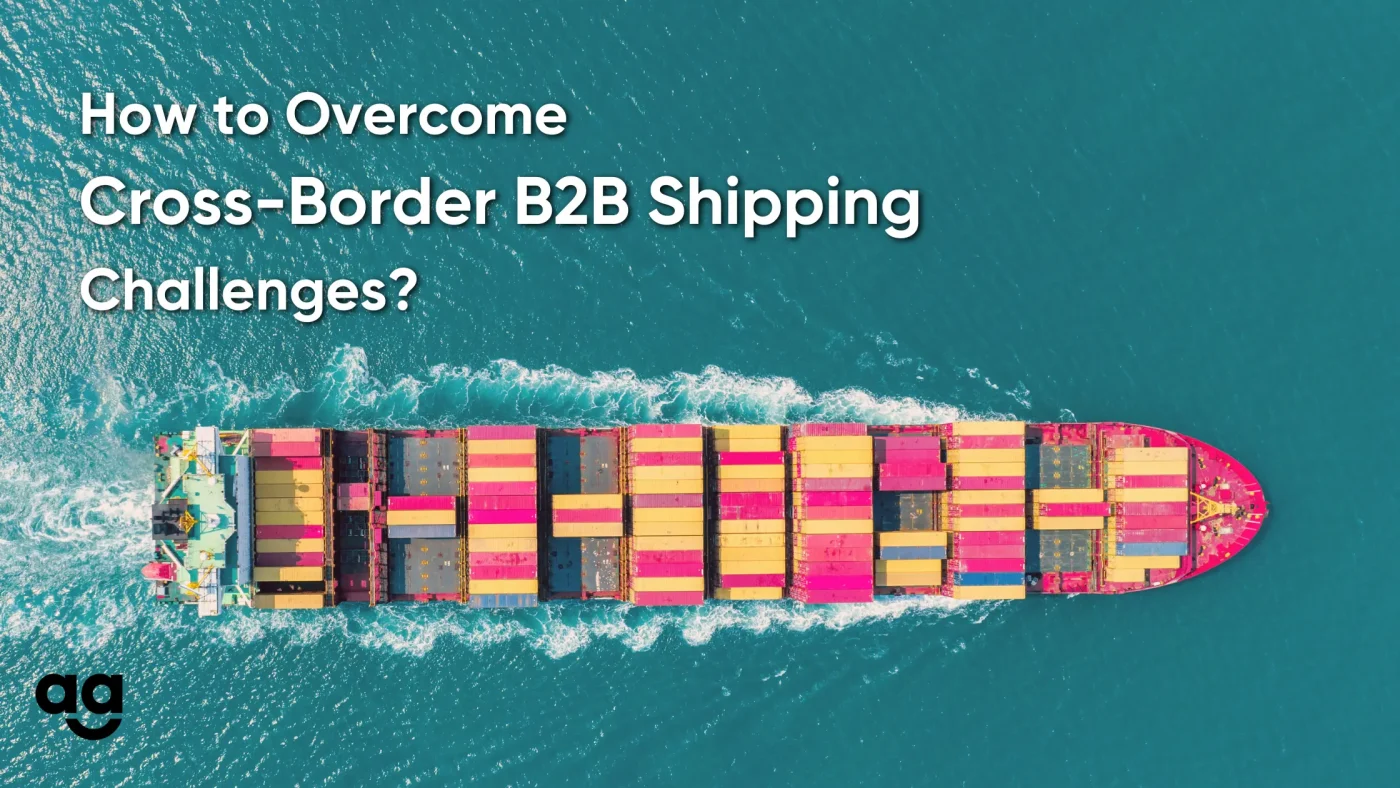



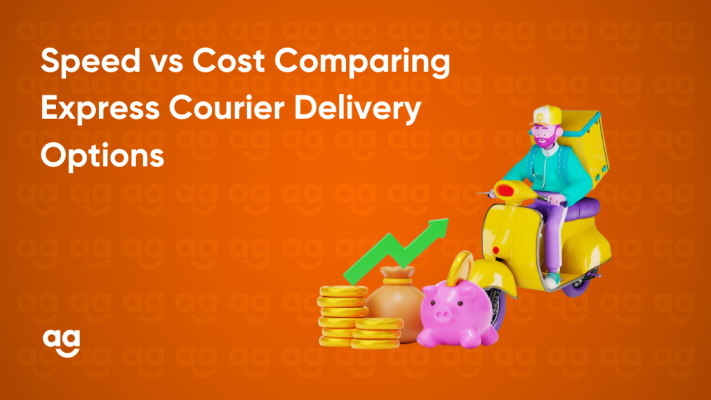

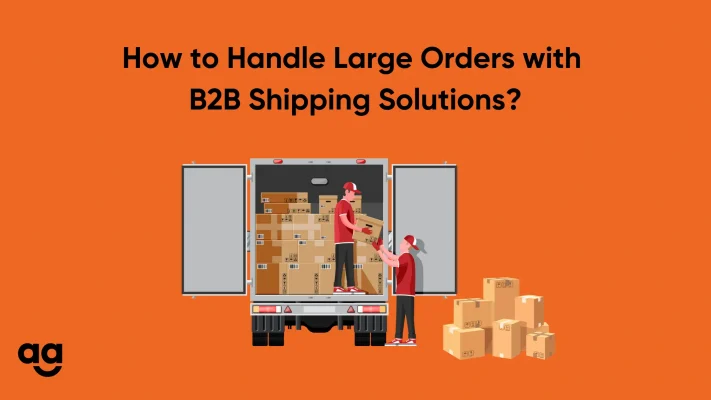
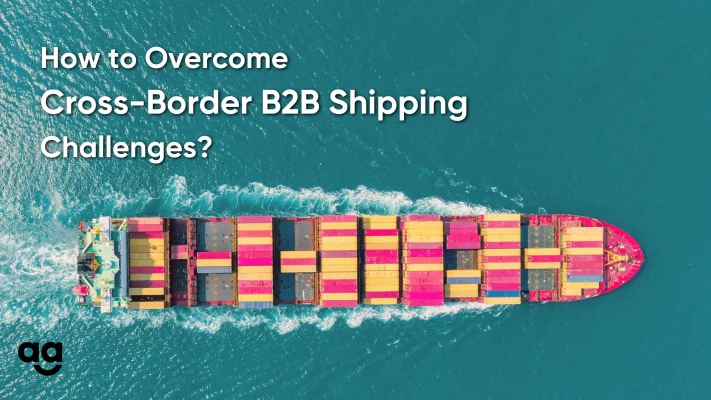
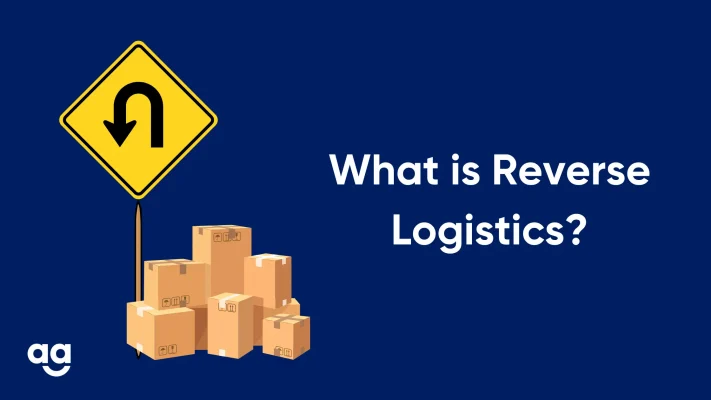


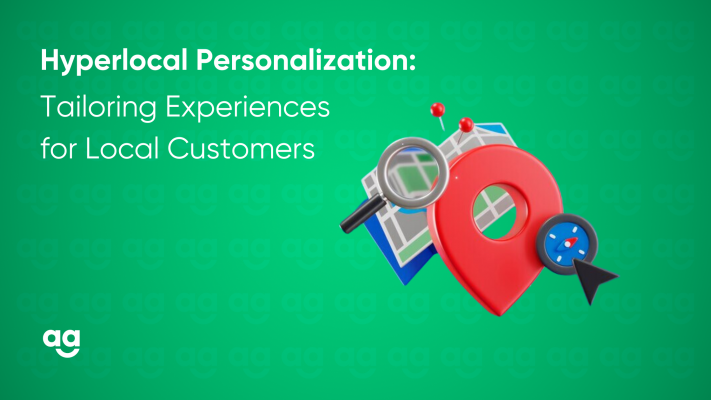

 Shipping
Shipping